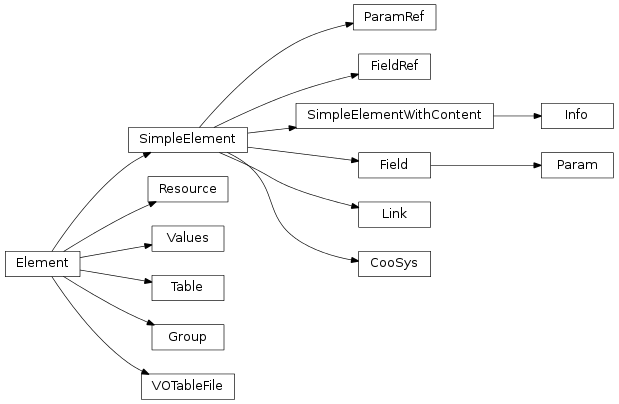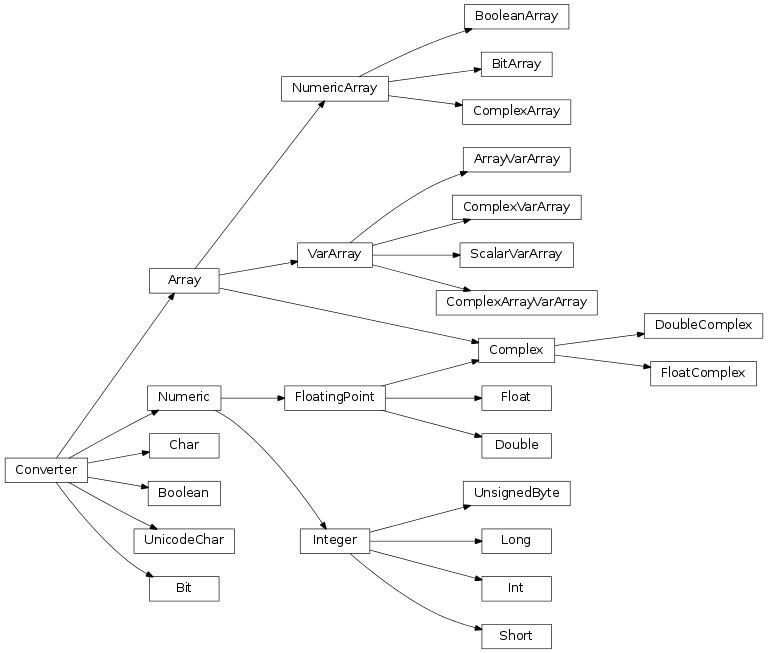Parses a VOTABLE xml file (or file-like object), and returns a
VOTable object, with a nested list of
Resource instances and Table
instances.
source may be a filename or a readable file-like object.
If the columns parameter is specified, it should be a list of
field names to include in the output. The default is to include
all fields.
The invalid parameter may be one of the following values:
- ‘exception’: throw an exception when an invalid value is
encountered (default)
- ‘mask’: mask out invalid values
When pedantic is True, raise an error when the file violates the
spec, otherwise issue a warning. Warnings may be controlled using
the standard Python mechanisms. See the warnings module in
the Python standard library for more information.
chunk_size is the number of rows to read before converting to an
array. Higher numbers are likely to be faster, but will consume
more memory.
table_number is the number of table in the file to read in. If
None, all tables will be read. If a number, 0 refers to the
first table in the file.
filename is a filename, URL or other identifier to use in error
messages. If filename is None and source is a string (i.e. a
path), then source will be used as a filename for error
messages.


